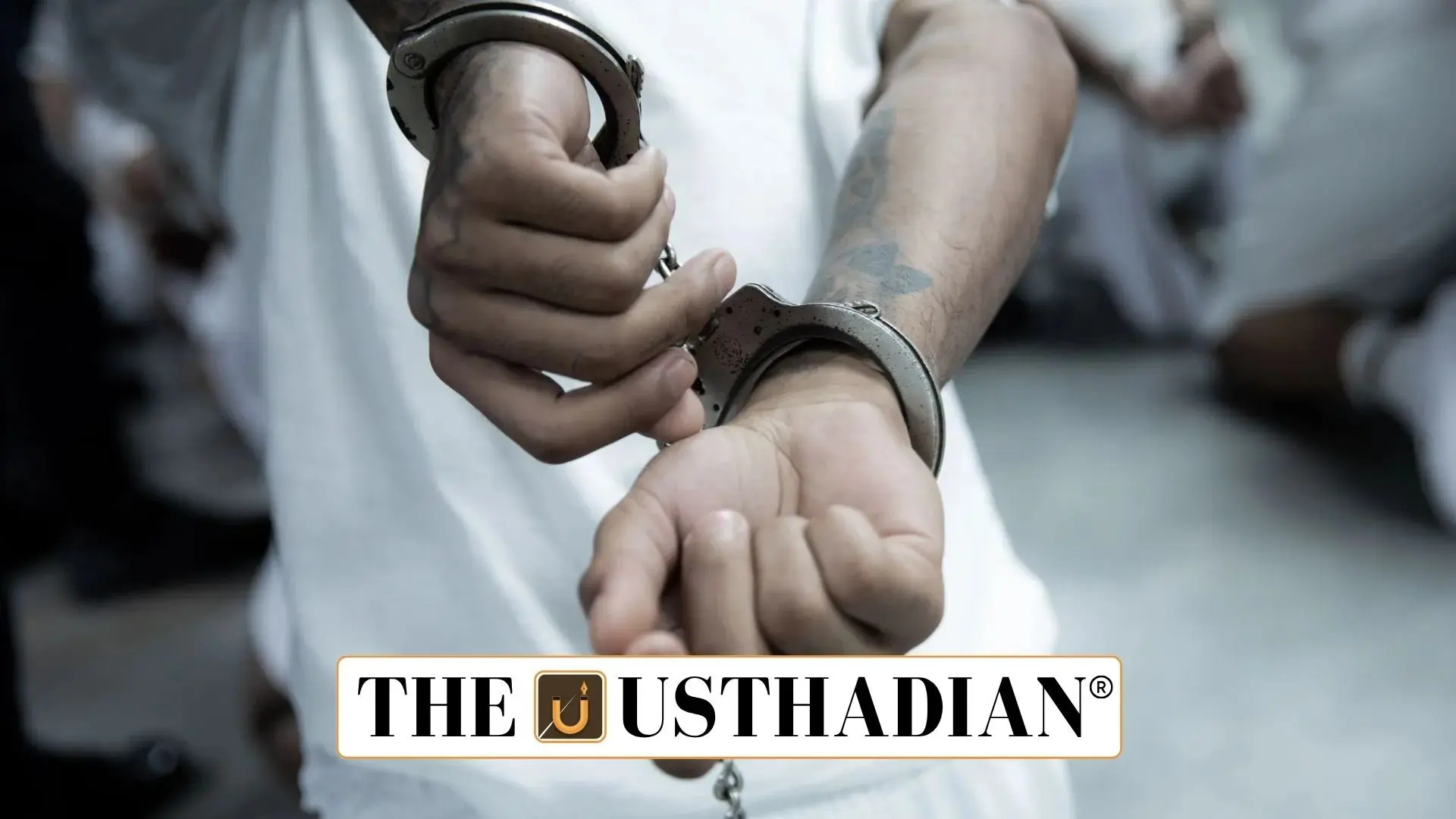What Is the Alien Enemies Act?
Alien Enemies Act and Trump’s Deportation Order: A Legal Flashpoint Reignited: The Alien Enemies Act, enacted in 1798, is part of the controversial Alien and Sedition Acts passed during a time of political tension in the US. The law empowers the President to detain, restrict, or deport non-citizens from enemy nations during declared wars or invasions. Its provisions allow the President to take such actions based purely on nationality, and without judicial hearings, raising significant constitutional concerns over due process and equal protection.
Trump’s Invocation and the Venezuelan Gang Controversy
In a landmark move, former US President Donald Trump recently invoked the Alien Enemies Act for the first time since World War II, targeting members of the Venezuelan gang “Tren de Aragua”. Trump labeled the gang an invading force, using this interpretation to order the deportation of Venezuelan nationals linked to the group. The action was met with swift legal opposition, as civil rights groups like the ACLU filed lawsuits claiming the order posed imminent deportation threats to individuals without criminal records. A federal judge blocked the deportations, citing concerns over the legality and constitutionality of the move.
Historical and Legal Roots of the Act
The Alien Enemies Act has historically been used during times of declared war—such as the War of 1812, World War I, and World War II—to detain or deport foreign nationals from enemy states, including German, Italian, and Japanese citizens. In these wartime contexts, it was meant to prevent espionage and sabotage. However, its usage has largely disappeared in the modern era, making Trump’s recent application a rare and legally provocative move.
Changing Definitions and Legal Tensions
A major legal debate revolves around the modern interpretation of “invasion”. Traditionally, this meant armed conflict or military action. Today, some political figures argue that illegal immigration or gang-related cross-border violence could also be labeled as invasion. This expanded interpretation risks normalizing mass deportations without war, court review, or evidence of threat. Critics argue this undermines the checks and balances between executive power and individual rights.
Constitutional and Judicial Implications
The Alien Enemies Act bypasses court hearings, which many see as a violation of due process under the Fifth and Fourteenth Amendments. However, courts may hesitate to intervene, as the political question doctrine limits judicial review of executive decisions in wartime or foreign affairs. This creates a legal grey area, where executive power could be used to target entire nationalities, especially in the absence of actual war.
STATIC GK SNAPSHOT
Alien Enemies Act and Trump’s Deportation Order: A Legal Flashpoint Reignited:
| Aspect | Details |
| Law Name | Alien Enemies Act (1798) |
| Part of | Alien and Sedition Acts |
| First Use | War of 1812 (against British nationals) |
| Last Major Use | World War II (against Japanese, German nationals) |
| Recent Use | 2025 (Donald Trump – Venezuelan gang “Tren de Aragua”) |
| Legal Challenge | Blocked by federal judge; ACLU and Democracy Forward lawsuits filed |
| Core Issue | Deportation without hearings based on nationality |
| Modern Legal Concern | Expanded definition of “invasion” and wartime authority abuse |
| Key Legal Barrier | Political Question Doctrine (limits court review of executive action) |








